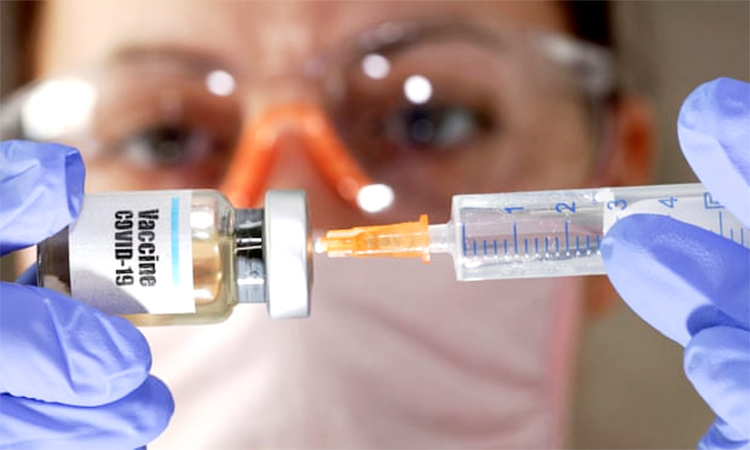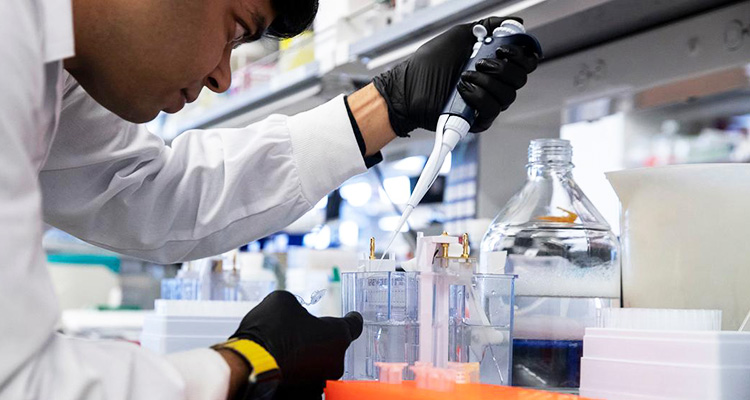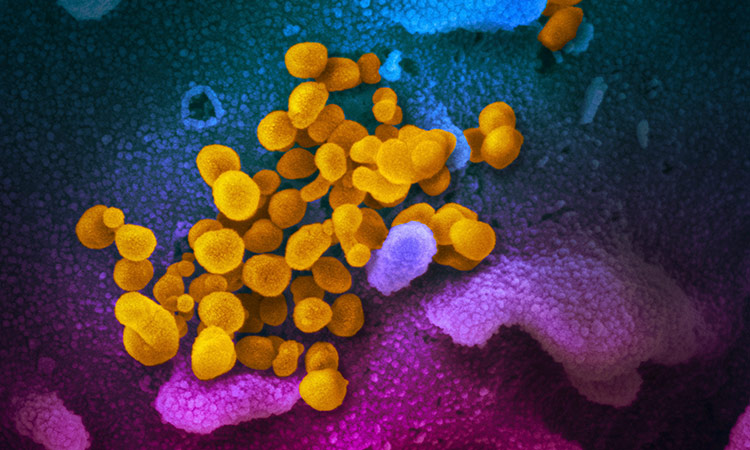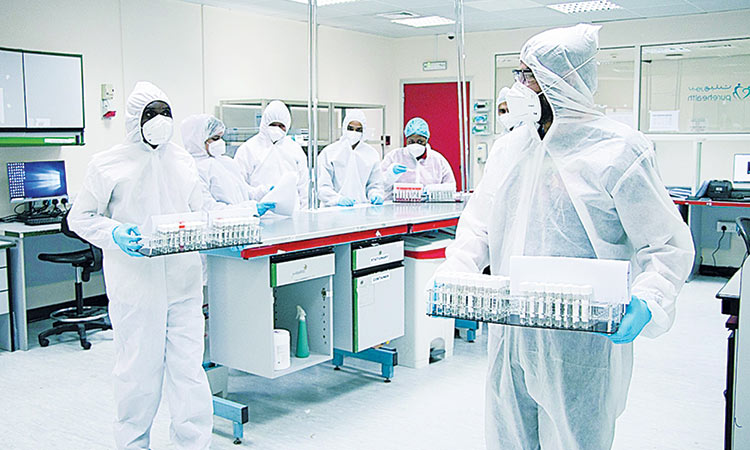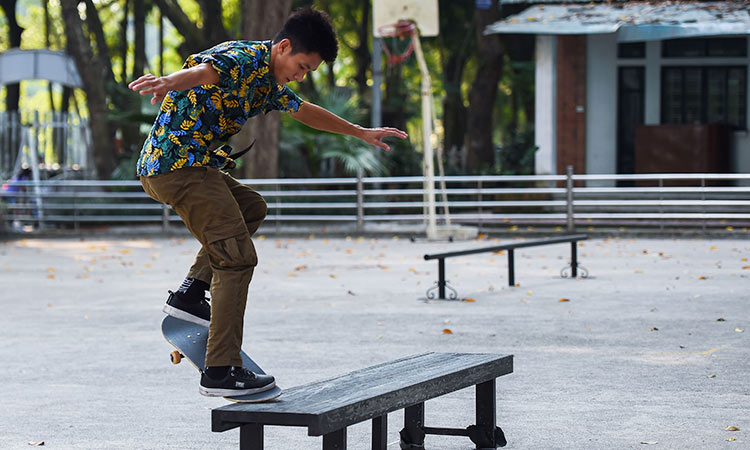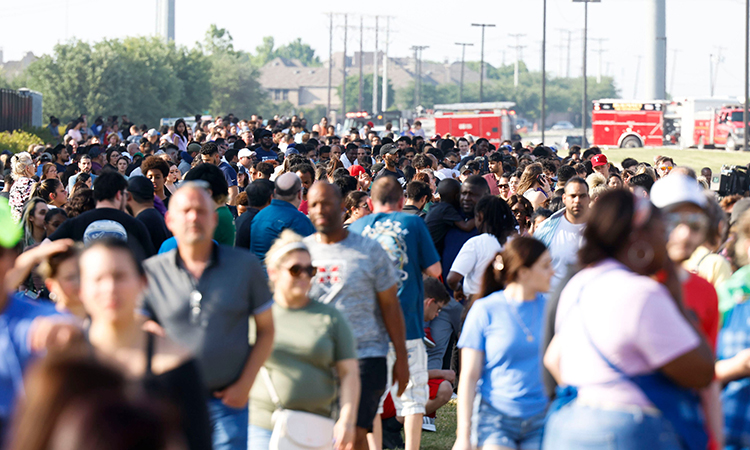Coronavirus: Dispelling doubts on antibodies
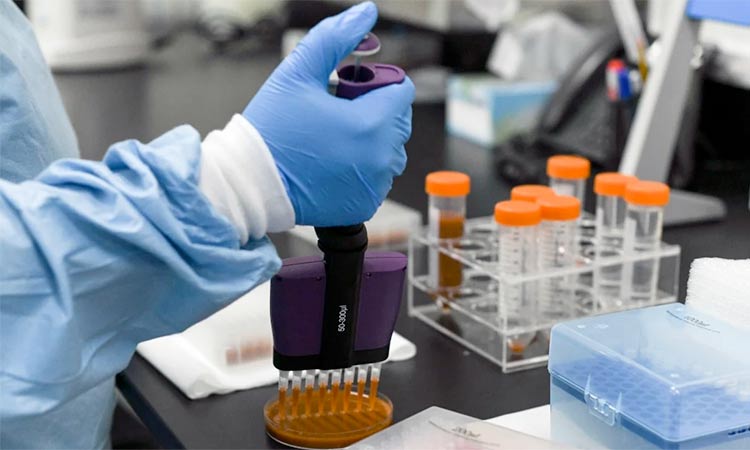
The growing proof that COVID-19 antibody levels can reduce swiftly after someone is infected is not necessarily bad news for immunity.
A study discovered that antibodies against the novel coronavirus declined rapidly in the British population during the summer. This means protection after infection may not be long-lasting.
However, this growing proof that COVID-19 antibody levels can reduce swiftly after someone is infected is not necessarily bad news for immunity. This also does not mean that protection offered by coronavirus vaccines will be weak or short-lived. Specialists in immunology and viruses warned against reading too much into studies of antibody levels in the blood of people previously infected with COVID-19, cautioning that antibody readings do not translate directly into levels of protective immunity.
Scientists at Imperial College London tracked antibody levels in the British population following the first wave of COVID-19 infections in March and April.
Their study found that antibody prevalence fell by a quarter, from 6% of the population around the end of June to just 4.4% in September. That raises the prospect of decreasing population immunity ahead of a second wave of infections in recent weeks that has forced local lockdowns and restrictions.
But such reports that immunity to COVID-19 might decline in line with falling blood antibody levels failed to account for the many complexities in how the body builds immunity to infections.
“The concentration of antibodies in your blood does not equal immunity,” said Eleanor Riley, a professor of immunology and infectious disease at Britain’s University of Edinburgh.
“Immunity is not something we can just wrap up in measuring an antibody or T-cell response,” she remarked. “Immunity is about the system working together so that next time you come across the infection, you either won’t get it at all or won’t get seriously ill from it. That’s protective immunity.”
While antibodies induced by natural COVID-19 infection may start to decline in a few months, as a study by researchers at Imperial College found on Tuesday, the many potential COVID-19 vaccines in development are designed to induce more durable immunity by invoking strong so-called immune memory.
“Antibody responses are usually short-lived because once they have done their job you don’t need them,” said Jonathan Stoye, head of virology at Britain’s Francis Crick Institute.
“But that doesn’t mean that immunity, either induced by infection or by vaccination, is necessarily short-lived: memory cells can respond to and combat a new infection.”
Since SARS-CoV-2, the virus that causes COVID-19, is a new human virus, scientists don’t yet know what levels of immunity will turn out to be protective. But many of the vaccine makers are touting both the antibody and T-cell responses, which are increasingly seen as important to lasting immunity.
The immune system is very complicated. We know antibodies are important, but they’re not the whole story. The key factor is immune memory.
Key to the process of immunity are memory cells known as T- and B-lymphocytes. Having made antibodies to a certain virus in an initial infection, the body uses these cells to remember that pathogen, “so when you are next exposed to the virus, the antibody response kicks in much sooner”, Young said. With vaccines, a key feature is that scientists developing them can select as targets the most important bits of the pathogen – in COVID-19’s case these include the so-called “spike protein” on the surface of SARS-CoV-2 virus – to get the strongest and most lasting memory responses from T and B lymphocytes.
Recent studies show that some recovered patients who tested negative for coronavirus antibodies did develop T cells in response to their COVID-19 infection. Some scientists now say that people who experience a mild illness, or no symptoms at all, from the new coronavirus, may be eliminating the infection through this T cell response.
